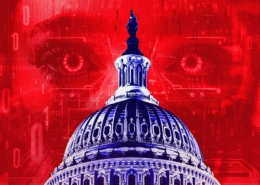Exempting Overtime Pay from State Income Taxes
2023 Ideas Challenge Entry
Alabama Representative Anthony Daniels is leading the way to enhance workforce participation, grow the state’s economy, and help hard-working families hold onto more of their hard-earned income. His innovative new law, passed this year with strong bipartisan support, exempts from income taxation any hours worked beyond 40 hours per week by hourly waged employees. Exempting the 5% state income tax on time-and-a-half pay helps struggling families, businesses dealing with labor issues, and will help stimulate local economies.
The measure empowers workers in all sectors (agriculture, law enforcement, service industries, etc.) to pursue overtime as an avenue to advancement and economic prosperity. The law also includes all sectors and businesses. Furthermore, it does not require employees to work overtime hours if they choose not to, nor does it alter the implementation of the Fair Labor Standards Act or change who is a full-time employee or a part-time employee.
Impact:
With no state minimum wage, Alabama workers have not seen a minimum wage increase in nearly 15 years and continue to earn $7.25 an hour. The overtime tax exemption is a step to help many deal with rising prices and costs. The law is effectively a one-year pilot program for 2024. Its success will be tracked through data collection. Employers, both public and private, will report to the Alabama Department of Revenue the amount of overtime paid to full-time hourly employees and the number of employees who received that pay. The program will identify through the analysis of aggregate data, the following:
– Increased spending, or “replacement spending,” including at local businesses, by workers receiving income-tax-exempted overtime compensation.
– Increased workforce participation in Alabama’s overall labor force participation rate, the proportion of the working-age population that is either working or actively looking for work, is 56.9%.












